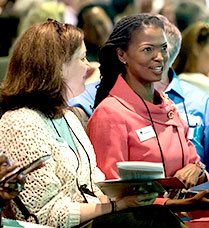Student-Written Exams Increase Student Involvement
Having students write their own exams is an interesting idea that arose out of the authors’ desires to increase student involvement in learning and self-evaluation, minimize cheating, decrease exam stress, and make exam experiences more meaningful, among other goals. It’s an approach that can be






